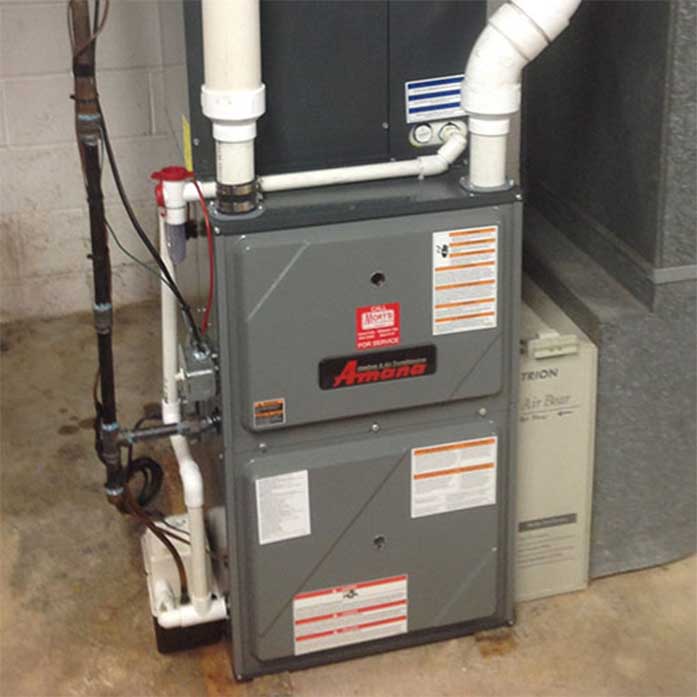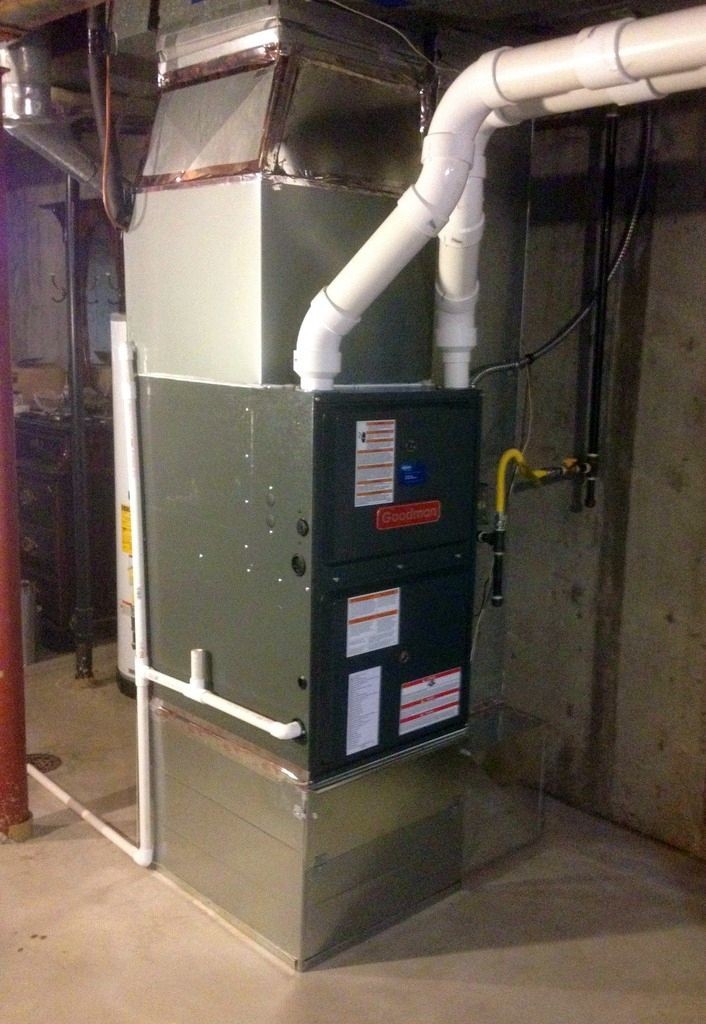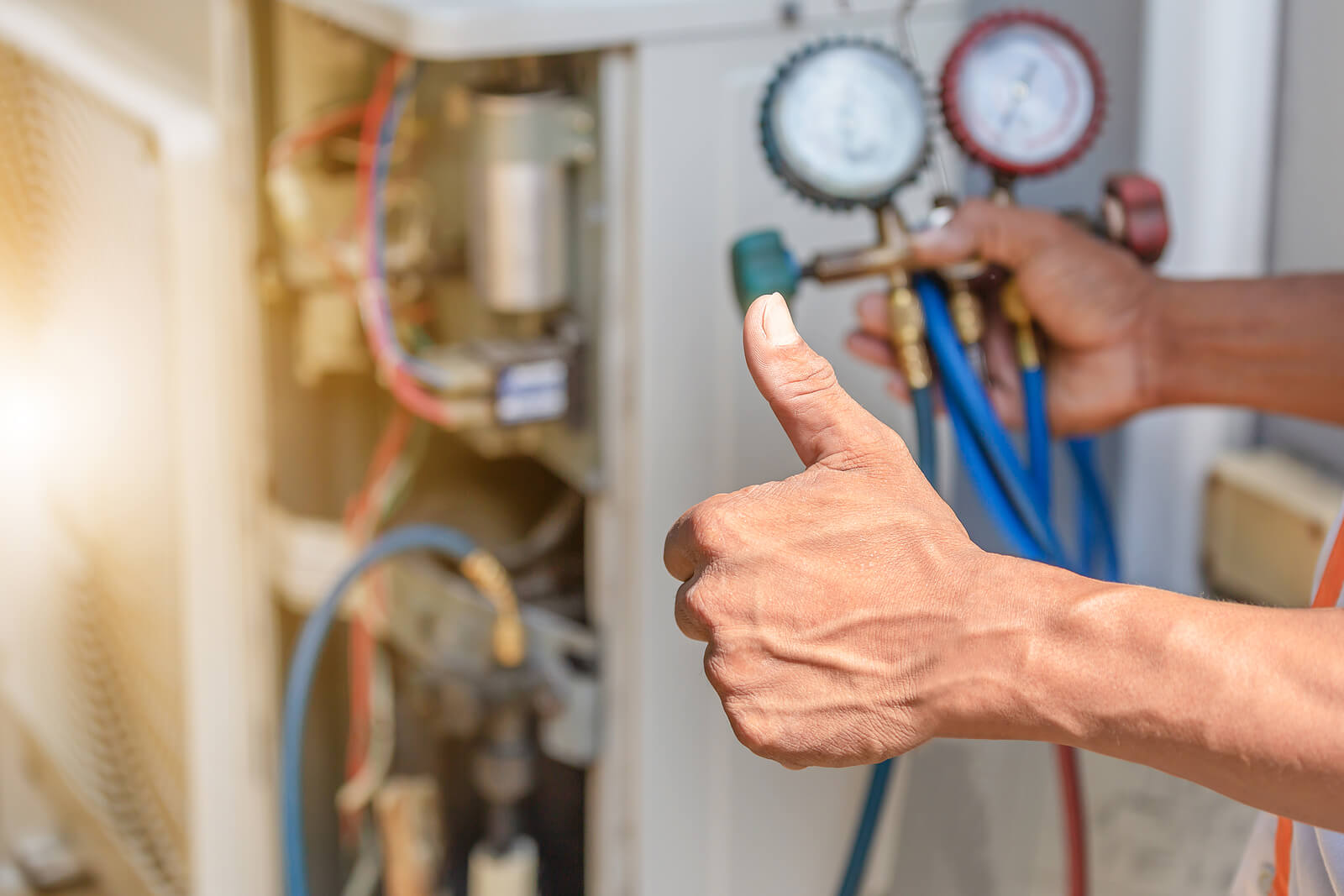The Ultimate Overview to Heater Setup for a Cozy Home
Heater installation is a critical element of keeping a comfy home setting, particularly throughout the chillier months. As you consider these variables, the question remains: what actions can you take to ensure your furnace serves you well for years to come?
Sorts Of Heaters

Gas furnaces are the most common option because of their efficiency and reduced operational costs. They make use of gas or gas, giving quick home heating and regular performance, making them optimal for chillier climates.
Electric heating systems, while normally much easier to install and preserve, tend to have greater functional prices. They are frequently favored in areas where gas solution is unavailable or for homes with existing electrical facilities.
Oil furnaces, though less usual today, remain a feasible option in certain regions. They shed heating oil, which can be helpful throughout cooler months, but their reliance on oil delivery presents prospective obstacles.
Furthermore, there are high-efficiency models offered across these kinds, which can dramatically lower energy intake and energy costs - furnace installation. Inevitably, understanding these furnace types will certainly assist property owners select a system that lines up with their home heating requires, budget, and power preferences
Selecting the Right Size
Picking the proper dimension for a heater is vital to guaranteeing ideal performance and energy efficiency. An undersized heater will certainly have a hard time to maintain comfy temperatures throughout the cool months, resulting in boosted wear and tear, higher power costs, and possible system failure. On the other hand, an oversized heating system might cycle on and off also frequently, leading to inefficient home heating and unequal temperature distribution within the home.
To identify the appropriate heater dimension, a calculation referred to as the Manual J load computation should be performed. This process evaluates numerous factors, including the square footage of the home, insulation levels, home window sizes, and regional climate conditions. This comprehensive analysis makes certain that the heating system fulfills the specific home heating needs of the area.

Setup Refine Overview
In regards to materials, you will certainly need ductwork, insulation, and sealing tape to make sure optimal airflow and energy efficiency - furnace installation. It is also important to have a brand-new heating system filter handy, in addition to airing vent materials, such as PVC pipe or metal flue, relying on the sort of heater being mounted
Safety and security devices, including gloves, goggles, and a face mask, is likewise crucial to safeguard against dust and particles throughout installation. Having all these devices and products readily offered not just enhances the process however also boosts the safety and security and performance of the heater installation.
Maintenance Tips for Long Life
To guarantee the long life of your furnace, it is important to look what i found carry out a regular upkeep routine that resolves key components of the system. Beginning by changing or cleansing the air filter every one to three months, as a clogged up filter can restrict airflow and lower performance. Furthermore, examine and cleanse the blower assembly to stop dirt accumulation that can prevent performance.
Following, examine the thermostat setups and rectify if necessary to guarantee accurate temperature guideline. Examine the ductwork for leaks or blockages, as this can lead to power loss and irregular heating. Consistently lube the electric motor and bearings according to the producer's referrals to minimize deterioration.
Professional inspections ought to take place yearly, where a certified service technician can assess the heater's general problem, check for gas leakages, and make certain that safety features are operating appropriately. Take into consideration mounting a programmable thermostat to maximize energy usage and maintain constant home temperatures. By read this article adopting these maintenance practices, you can enhance your heater's effectiveness, expand its life-span, and ultimately take pleasure in a comfy and comfy home setting.
Conclusion
